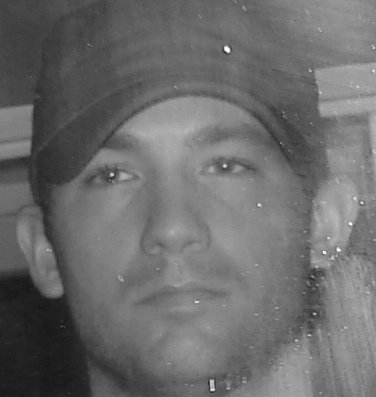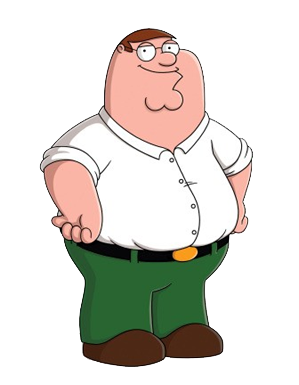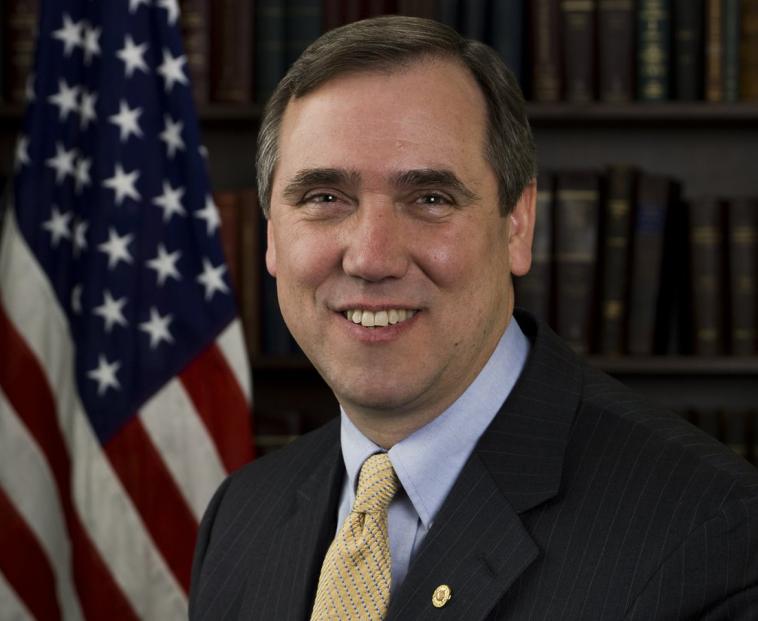 He seems cool.Courtesy Energy Action CoalitionPete Griffin spent three years working at Think MTV, the “social issues” and volunteering arm of the entertainment behemoth. He helped run its Choose or Lose election campaign and its Break the Addiction environmental series. He knew these do-gooder campaigns were far from MTV’s sexiest offerings.
He seems cool.Courtesy Energy Action CoalitionPete Griffin spent three years working at Think MTV, the “social issues” and volunteering arm of the entertainment behemoth. He helped run its Choose or Lose election campaign and its Break the Addiction environmental series. He knew these do-gooder campaigns were far from MTV’s sexiest offerings.
“Social issues weren’t why people tuned in to MTV,” he said. “They tuned in to watch The Hills or Real World and that’s why they interacted with our brand. My challenge there was figuring out to engage people who weren’t interested in an issue. Or they’re interested but don’t know how to take action. It required a lot of creativity.”
Climate-change organizers should be able to relate—they’ve got the same challenge. Now they’ve also got Griffin–he left MTV last month to become campaign director at Energy Action Coalition, a youth-focused coalition that put together the successful Power Shift rallies and the Campus Climate Challenge. It’s also helping with the “wake-up call” flash mobs on Monday, part of Climate Week NYC. Last week I talked to Griffin, 30, about the new job and lessons he learned at MTV:
 He is also named Peter Griffin. This is funny.Q. So how did you make the transition from an animated sitcom on Fox to real-life climate activism?
He is also named Peter Griffin. This is funny.Q. So how did you make the transition from an animated sitcom on Fox to real-life climate activism?
A.Well, it wasn’t easy getting off the drawing board and into the real world. No, I’d been with MTV for eight years, starting in advertising, then in international marketing, and for the last almost three years I was managing all the social campaigns for MTV networks. That was everything from election coverage to issues like sexual health, human rights, education.
As much as I enjoyed working on all of these different issues, I got to the point where I knew that climate change was the most urgent issue and the most important to me. But I knew that I still wanted to work with young people. The energy and passion that young people bring to their work was something that I wanted to maintain.
Q. You made an unusual move in coming from an entertainment corporation to an activist group. What does the world of MTV have to offer to climate activism?
A.The power that MTV had was our reach. We had an audience of almost 100 million people in the U.S. and almost half a billion people around the world, in almost 80 countries. When you have those tools at your disposal, you know your message is going to be heard, even if it’s just by a fraction of the audience.
Q. So the climate movement needs a worldwide cable network.
A.Yeah, I wish that were possible. MTV had a huge global media platform, which was unique. But we still had to figure out how to get people involved in issues that are so important to young people. I hope I can bring ideas about how to creatively engage people, because I’m coming from a place where people don’t necessarily want to receive our message.
As we look to expand the youth climate movement, I hope some of those skills can be helpful. We need to get more people involved. Just sending them emails telling them to sign petitions doesn’t make them feel like they’re doing something. We need to be more creative.
Q. So what are you working on this fall? (After all of Monday’s stuff.)
A.We’re launching regional Power Shift summits. We did the big national conference in March. Now we’re working with our grassroots partners on developing 11 regional summits across the country. We really hope to put pressure on our elected officials and really display the power of young people, because we can’t wait any longer for bold legislation on climate and energy.
We get a lot of mixed signals about Congress passing an energy bill. But it doesn’t really matter what they tell us because we’re not going to stop fighting. The issue is still urgent, and no matter what they say and do, we’re going to keep the pressure on our elected officials.
Q. How do you make up for the vast funding gap between the fossil fuel industries and green groups?
A.We very much operate from a place of respect. We understand that people will have different opinions, some of them valid and some of them not. We want to make sure we’re sharing truthful information and showing our passion. But sometimes when we’re going up against lobbyists with a lot of money, they’re not interested in those things. They’re only interested in their bottom line. So we fight that with our size and we fight it with our passion. Those are those things that continue to grow, and I think they’ll ultimately make the difference.
For more juicy details than you could ever dream of: follow our coverage of Climate Week 2009 on Twitter and in the news.




